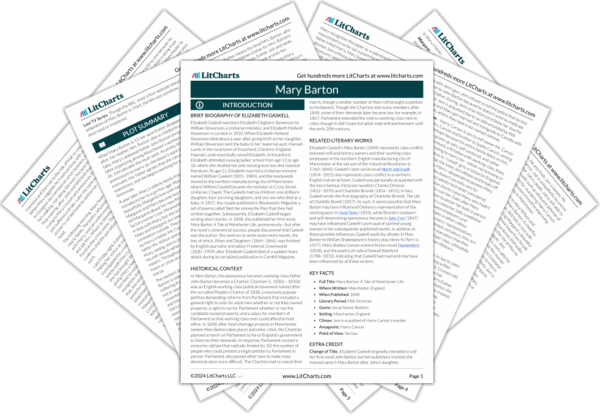Here, the novel suggests that Margaret can’t empathize with Mary’s foibles due to a lack of experiential knowledge: Margaret doesn’t know what it’s like to be pretty or to be particularly tempted by the wrong thing, and so she condemns her friend. Interestingly, by contextualizing Margaret’s lack of empathy in her lack of knowledge, the novel suggests that Margaret would empathize with Mary’s foibles if she knew more. Thus, the novel implies that readers, who have been given access to Mary’s consciousness, ought to empathize with Mary and forgive her faults.
